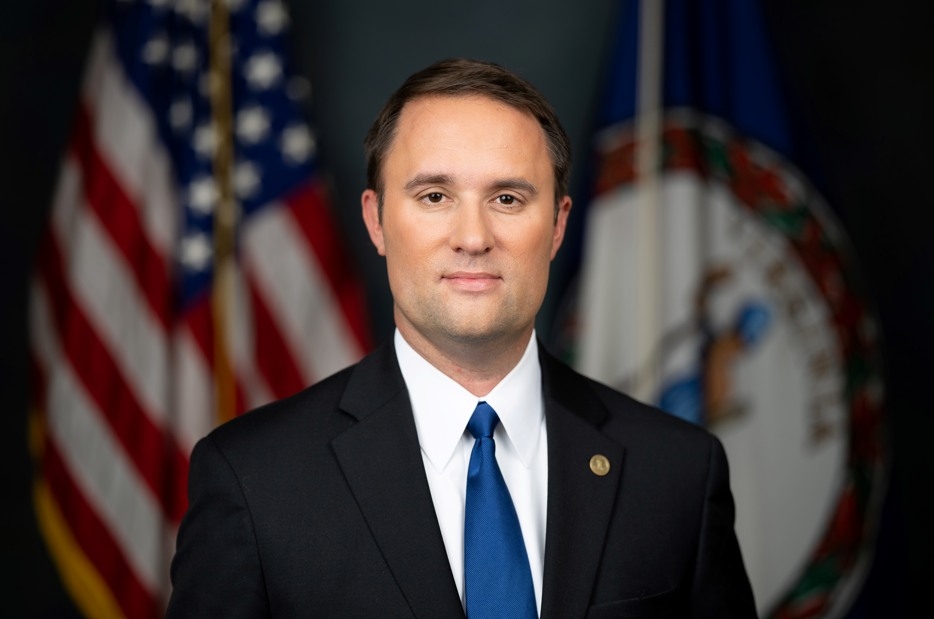Morgan Sweeney | August 24, 2023
(The Center Square) — Virginia’s Attorney General Jason Miyares issued an opinion today, arguing that the governor’s model policies comply with federal and state nondiscrimination laws and that “local school boards are required to adopt policies that are consistent with them.”
The opinion comes at the request of Gov. Glenn Youngkin, who has been advocating since the release of the latest version of the Virginia Department of Education’s “Model Policies on Ensuring Privacy, Dignity, and Respect for All Students and Parents in Virginia’s Public Schools” for their adoption — to strong resistance from some districts in the commonwealth.
The General Assembly passed a law in 2020 that called for the VDOE to develop guidance for schools on “common issues regarding transgender students in accordance with evidence-based best practices and include information, guidance, procedures, and standards.”
Former governor Ralph Northam responded by releasing the first set of model policies in 2021, which stated that “in general, school divisions should make efforts to eliminate gender-based practices to the extent possible;” and that “students should be allowed to use the facility [i.e. restroom, locker room, etc.] that corresponds to their gender identity;” and that teachers should use the pronouns students believe corresponds to their gender identity.
After Youngkin took office in April 2022, he signed a new bill directing the education department to develop new guidance that effectively reversed much of the existing model policies and directed school boards to adopt them by Jan. 1, 2023. In July, an updated version was released that is now the standard.
Youngkin’s model policies emphasize the role of parents in education. The policies define the word “sex” as biological sex and “transgender student” as “a public school student whose parent has stated in writing that the student’s gender differs from the student’s sex, or an eligible student who states in writing that his or her gender differs from his or her sex.”
Model policies provide a framework for local schools to create their own policies. Schools are required by law to have a policy.
According to the Code of Virginia, “The Department of Education shall develop and make available to each school board model policies…” and “Each school board shall adopt policies that are consistent with but may be more comprehensive than the model policies developed by the Department of Education pursuant to subsection A.”
Some schools have openly resisted adopting model policies that embrace those of the Youngkin administration, saying it is not required by law to adopt similar policies – only that they have policies in place. Opponents of the latest model policies have also argued that they violate federal and state nondiscrimination laws.
Miyares’ opinion comes in response to these positions.
“These policies are fully compliant with the law, and school boards across the Commonwealth should support and implement them,” the opinion says.
